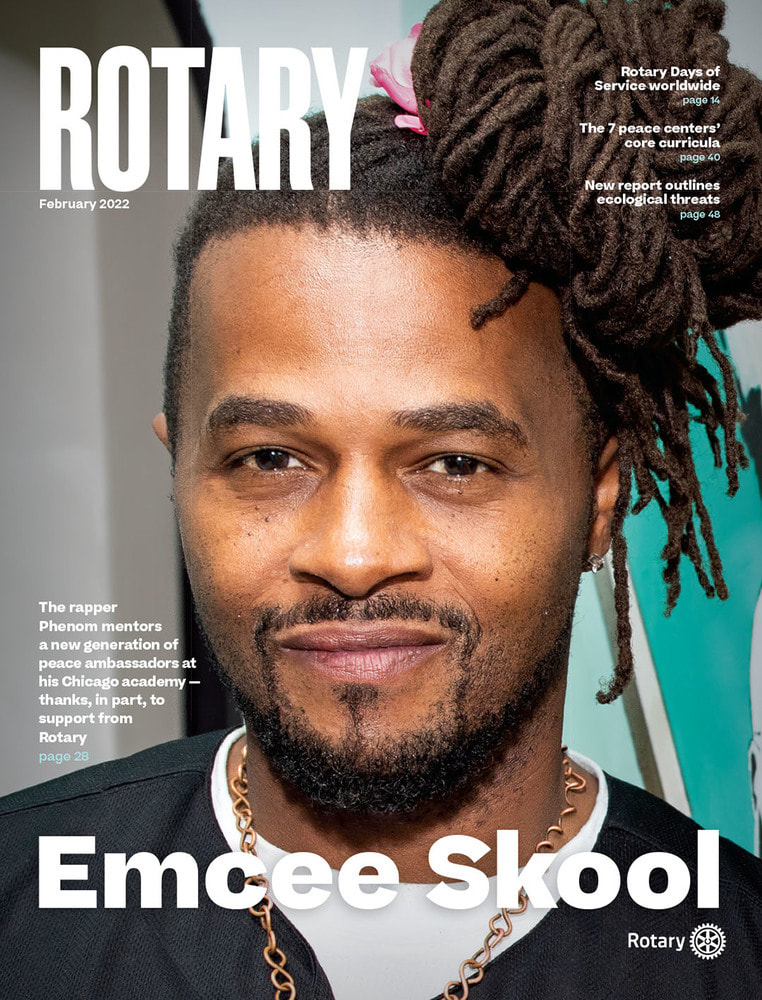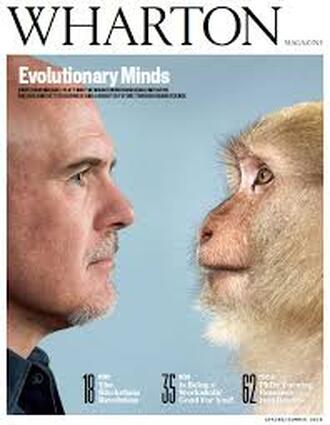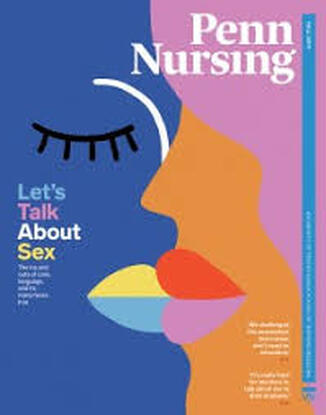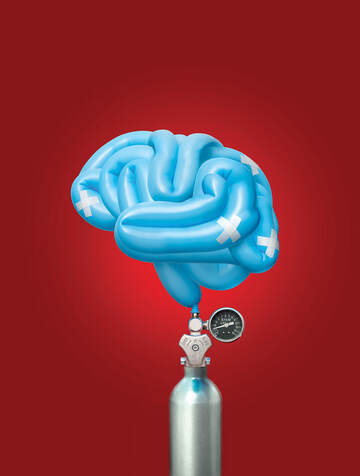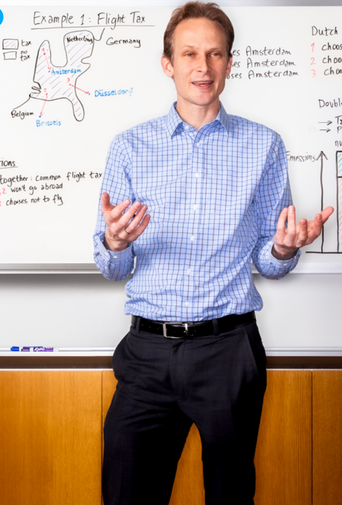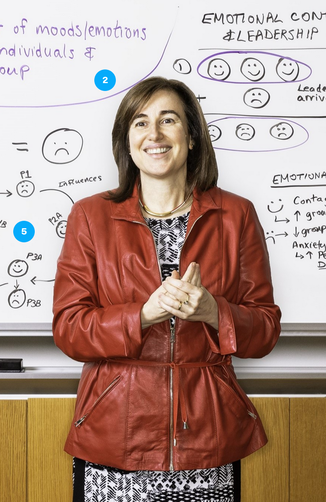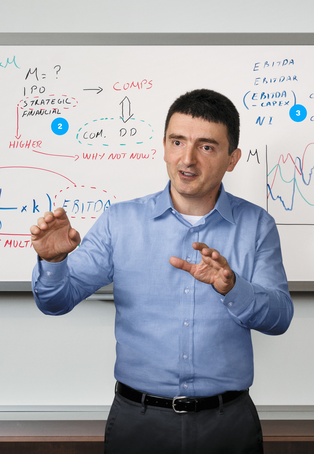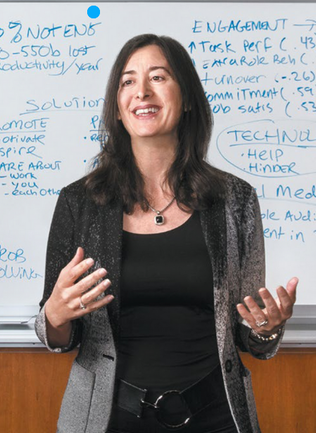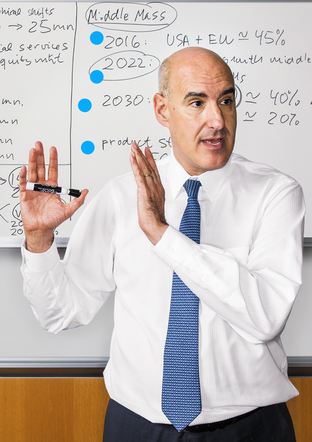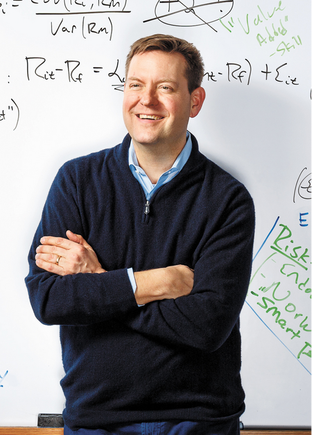Louis writes for prominent magazines and journals.
His topics range from business and management to nursing, public health, medicine, science, technology, and popular culture.
His topics range from business and management to nursing, public health, medicine, science, technology, and popular culture.
How to Bounce Back – Build resilience in yourself and othersLearn practical tips to strengthen your resilience, and how to instill resilience in others
"Why do some people spring back from hardship while others struggle? Experts agree that resilience is a function of several elements, including genetics, trauma, and personal development, not necessarily in that order. Each of us is genetically hardwired to recover after a failure — some more quickly than others. And, to an extent, our resilience is informed by our experiences." |
A Commitment to Change
The Miller School community tackles the challenge of racial justice
The killing of George Floyd — a Black man suffocated by white police officers during an arrest in Minneapolis on May 25 — unleashed a wave of political action across the United States and around the world. The University of Miami Miller School of Medicine was no exception. The most significant outcome was the formation of the school’s Task Force on Racial Justice, created by Dean Henri R. Ford, M.D., M.H.A., to consider ways to bring long-term, sustainable change to the medical campus. But much would take place before the task force would come into being. |
Shark Tank Comes to Wharton
Reality TV meets Wharton as Shark Tank auditions come to campus.
"If you cast it, they will come. They arrived on a muggy Saturday morning in June—Wharton School students and alumni, engineering majors, even an enterprising Wharton-bound high-school senior. They came bearing samples, prototypes, gadgets and props—jars of seafood sauce, high-tech fashion, fishing gear, medical devices, wearable technology, pro-sports-fan merchandise and a bathroom mirror (more on that later). Bold and ambitious, they came to make their one-minute pitches to producers of ABC’s hit reality series Shark Tank, for a chance to face a panel of celebrity CEOs on the show and vie for their investment capital." |
The Veterans Health Administration: At the Leading Edge of America’s Health Care
"If you want to see the future, you can start with the VA, America’s largest integrated health system. Penn Nursing faculty and alums are helping forge the path.
What do gps, chariots, and duct tape have in common? They were military innovations that found their way into civilian life–along with the internal combustion engine and the Internet. We all owe a debt to armed forces’ visionaries whose technologies and systems we use every day. " |
Discovery: Big Data’s Big Promise
From analyzing reams of ones and zeros comes vast potential for new drug discovery
"What do Netflix and Google have in common with biomedical research? They all leverage large datasets to identify trends and make recommendations. While e-commerce engines collect keywords and purchasing histories to recommend everything from antiques to Zumba, researchers participate in groundbreaking big data consortia that help understand diseases and recommend treatments — not by relying on traditional diagnostics, but by analyzing mountains of aggregated data." |
Brain Trust"When asked about the current status of a treatment for Alzheimer’s disease, Barry Baumel, M.D., assistant professor of neurology at the University of Miami Miller School of Medicine, doesn’t mince words.
“Nearly every treatment has failed at every stage of the disease,” he said. Yet, despite Dr. Baumel’s blunt assessment, there’s cause for optimism. Worldwide research — much of it based at the Miller School — could lead to improvements in care and a delay in the onset of the symptoms of Alzheimer’s disease. Advances including a cognitive stress test, stem cell research and global collaboration are helping researchers understand more about what causes Alzheimer’s and other diseases that affect cognition." |
When Going Green Doesn't Go as PlannedEnvironmental policies may be designed with the best of intentions, but they often lead to surprising consequences.
Well-intentioned governments want to address climate change, but some of the policies imposed on industries and consumers can backfire, causing more harm than good, according to business economics and public policy assistant professor Arthur van Benthem. In his whiteboard lecture “Unintended Consequences of Environmental Policies,” drawn from his popular MBA course Energy Markets and Policy, he provides dramatic examples, urges policymakers to use caution and common sense, and notes that clean technology resonates in the classroom. “Many MBA students are interested in clean-tech venture capital,” van Benthem says, “where it used to be oil and gas investment banking.” |
The Key to Keeping Your Employees HappyYour moods at work—and the way you express them—may have far greater impact than you realize.
"Who would have guessed that the song “When You’re Smiling” is evidence-based? According to management professor Sigal Barsade, not only do facial expressions transfer from person to person; so do moods and emotions. “If I smile, you’ll smile, but it’s not just mimicry,” Barsade said during her whiteboard lecture on emotional contagion at work, adapted from her Emotions in Organizations course for Wharton Executive Education. “We actually feel the emotion.” What’s more, people don’t realize that they’re experiencing the mood because it’s been passed along; instead, Barsade said, “They own the emotion as their own.”Your moods at work—and the way you express them—may have far greater impact than you realize." |
Private Equity Analysis Before a Leveraged BuyoutProfessor Bilge Yilmaz on the science and subtle art of how PE values a company before it’s acquired.
"Analyzing a company’s value for a leveraged buyout is a complex process with many moving parts. In a lecture drawing from Wharton private equity and finance professor and director of the Wharton Alternative Investments Initiative Bilge Yılmaz’s Finance of Buyouts and Acquisitions class, private equity firms use a model that looks at lots of data. “But you have to use some intuition, too,” he says." |
Keys to Employee Management with Nancy Rothbard
Managers crave employee engagement, but creating it—and recognizing it—is a challenge.
"Employees aren’t as attentive to their work, as satisfied by their jobs, or as committed to their companies’ goals as you might think. And that dearth of engagement is costly to businesses, according to management department chair and David Pottruck professor Nancy Rothbard. In a condensed whiteboard version of her lecture “Leading in the 21st Century: Engaging Hearts and Minds,” she outlines ways for supervisors to encourage and increase workplace engagement." |
The Future of Global Consumer Markets with Mauro Guillén
What’s in store for global consumer markets? While geography will always matter, consumer segments tell a more insightful story.
"We typically think about global consumer markets in terms of geography—of emerging markets in nations such as China, India and Turkey. But according to international management professor Mauro Guillén, the Anthony L. Davis Director of the Lauder Institute at Penn, “From today’s standpoint, the nature of global consumer markets will change so much that by the year 2030, you won’t be able to recognize them.” The markets will continue to grow, he says, but not necessarily by geography." |
At the Whiteboard with Chris Geczy
Is diversification dead? Not entirely, but with the democratization of Modern Portfolio Theory it’s not your father’s 60/40 world anymore.
"The key insight of Modern Portfolio Theory (MPT): Don’t weigh an asset’s risk independently, but by how it contributes to the portfolio’s overall risk. MPT, the brainchild of economists Harry Markowitz and others, dates from a 1952 Markowitz essay describing a system for assembling a portfolio of assets maximized for a given level of risk." |
